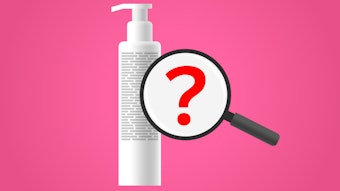Importers of cosmetic products in China are no longer required to provide a bovine spongiform encephalopathy (BSE)-free certificate when applying for a health permit with the Chinese Health Administrative Department or declaring for inspection and quarantine with the entry/exit authorities. BSE is more commonly known as mad cow disease, and can be found in the raw material elements of cosmetics, according to Chinese authorities.
In 2002, the country established the ban on importing cosmetics containing animal by-products and cosmetics from BSE-infected countries. Since that time, companies have been required to provide documentation stating that their products were free of animal by-products that could potentially contain mad cow disease. When mad cow disease was found in the United States, China extended its requirement to cover imports of US goods.
A review of the risk of BSE through cosmetic raw materials by the European Union's Scientific Committee on Emerging and Newly Identified Health Risks reported that there is no scientific proof that BSE can be transmitted through cosmetic ingredients.
Although China will continue to ban the import of cosmetic products from BSE-infected areas, controls will be dealt with on an in-market basis. Cosmetic materials will be assessed by the General Administration of Quality Supervision, Inspection and Quarantine (AQSIQ), and high-risk areas will be announced.










